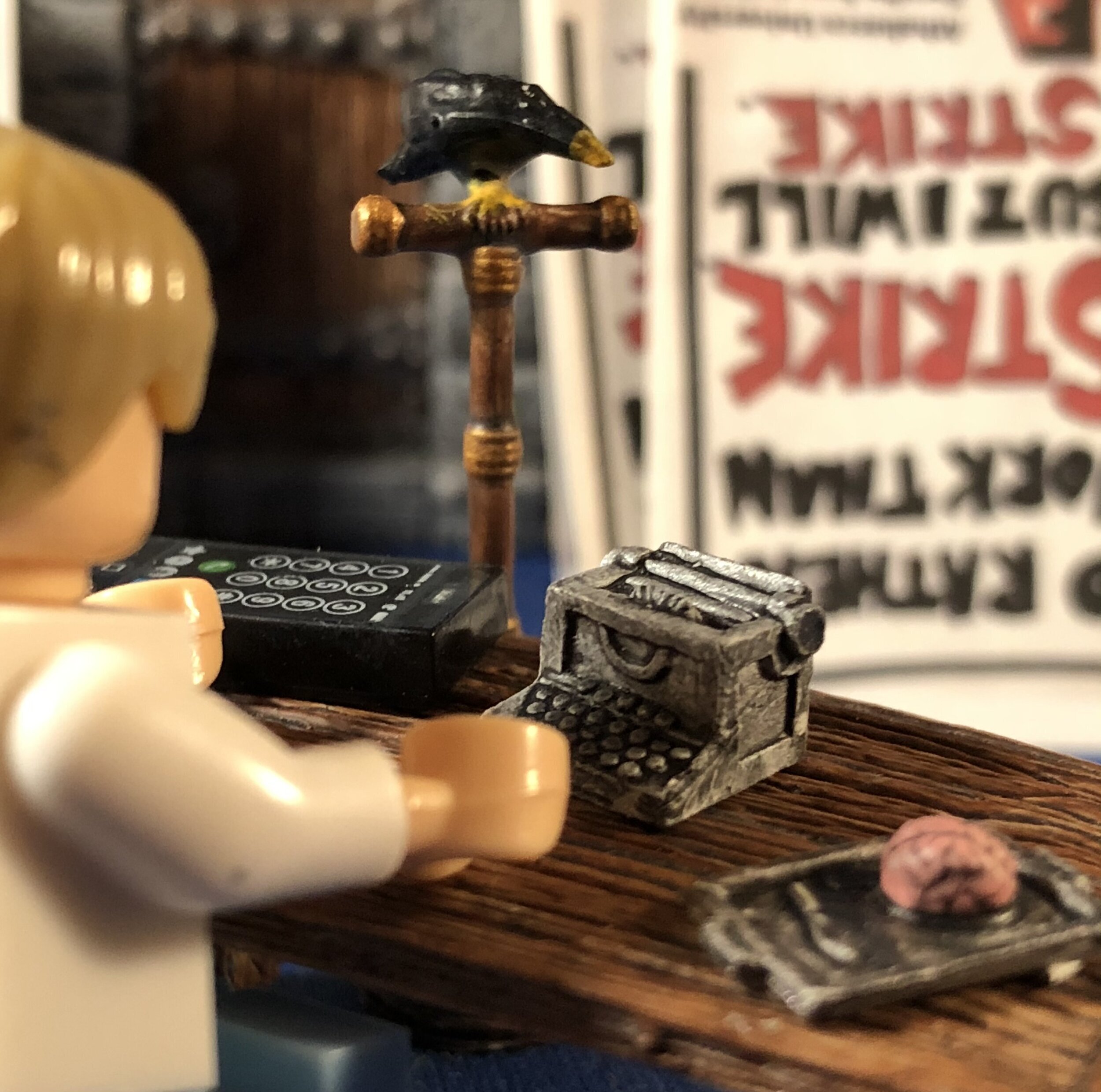After three days of mediation (March 11, 17 and 22), the mediator has issued a report to the parties with recommendations for a possible settlement. The AUFA bargaining committee has decided to forward the report directly to AUFA members for their consideration. A vote on whether to accept the report will be held on Tuesday, March 29 in lieu of the planned strike vote. There is a Town Hall on Friday, March 25 at 2 pm to discuss the report and next steps.
Significantly, AUFA’s bargaining team is not making a recommendation to members on whether to accept or reject the report. Instead the bargaining team has elected to remain neutral during the voting process. The decision to hold a vote on the report is anchored in AUFA’s broader commitment to democracy, and to AUFA members’ right to make the decisions that will shape what is, ultimately, their collective agreement.
This blog post outlines the key recommendations in the mediator’s report. The Town Hall will provide further analysis of the recommendations. Members can find a copy of the mediator’s report here.
Wages and Allowances
The mediator is recommending the same cost-of-living (COLA) settlement seen at other universities:
July 1, 2020: 0%
July 1, 2021: 0%
July 1, 2022: 0%
April 1, 2023: 1.25%
December 1, 2023: 1.5%
An additional 0.5% retroactive to December 1, 2023, payable in February or March 2024 subject to a “Gain Sharing Formula” linked to provincial GDP growth
AUFA members will also receive enhancements to their working-from-home allowances:
Members who have not received $2000 for home-office set-up will be paid the difference between what they were paid and $2000 (e.g., members who received $1000 will receive an additional $1000). This payment is taxable.
Academic staff members who previously received $2000 for office set up and have been employed for at least six years shall receive a one-time taxable $800 payment for home office expenses.
Going forward all members required to work from home will receive $35 biweekly for printer and internet expenses (up from $61/month for academics and $25/biweekly for professionals).
Research and Study Leave (RSL)
Professionals, except librarians, will no longer be eligible for RSL as of the date of ratification. Professional members who are currently on RSL or have RSL approved will have their leaves honoured.
Going forward, professionals will be allowed to carryover their annual entitlement of 21 days of PD leave to a maximum of 84 days (i.e., the equivalent of 4 years of PD entitlement) and will be able to request leaves up to that maximum.
Professionals will have two options for dealing with accrued Research and Study Leave entitlements:
Option One: Unused RSL leave can be surrendered in exchange for a one-time payment of $10,500. Any unused Professional Development days dating back to 2020 shall be returned to the member’s PD bank.
Option Two: Members convert accrued RSL leave to PD leave up to a maximum of 12 months at 100% salary (using the conversion calculation in the current collective agreement). They will be allowed to request leaves up to the amount in their PD leave account. Carryover of PD days will not begin until the member’s account drops below 84 days (i.e., members will continue to earn PD days, but cannot carry them over at the end of the year).
Employer proposals regarding academic RSL are withdrawn and the status quo remains.
Other Provisions
Employer-sought concessions regarding discipline (Article 7), grievance procedure (Article 8), appeals (Article 9), position reduction for academics (Article 12), layoffs for professionals, and probation review for professionals are withdrawn. In all cases, existing language remains. Small changes are made to professional position evaluation review, but members retain the right to appeal decisions under Article 9.
The mediator recommends establishing a joint committee to review the current academic tenure and promotion process (in Article 3) to make recommendations for the next round of bargaining.
Some recommendations address AUFA concerns in bargaining, including:
Enhancing occupational health and safety language (Article 25).
Reforming the Joint Benefits Committee to make it more effective in addressing AUFA members’ benefits concerns.
Extending unpaid compassionate care leave to 27 weeks and expanding eligibility to include circumstances of “grave illness”.
Inserting language in Article 3 to allow Indigenous Elders and knowledge holders to be recognized as eligible external reviewers for promotion applications from Indigenous academic members.
Including a new letter of understanding that involves the joint employment equity committee in an advisory capacity in the development of AU’s equity, diversity, and inclusion action plan and in an employment equity review process.
Both parties agreeing to abide by the Labour Relations Board decision regarding the status of Deans in the bargaining unit.
Vote Results and Next Steps
The results of the March 29 ratification vote will determine the next steps of the process.
If members vote to accept the mediator’s report, then it will be considered a ratification of a new collective agreement, bargaining will come to an end, and the provisions in the report take effect as part of the collective agreement.
If members vote to reject the report, then the parties will return to the bargaining table. The parties are free to bargain directly or continue to use the services of the mediator. Each party will revert to their previous positions before mediation. The mediator’s recommendations may or may not be considered in future bargaining.
On behalf of the bargaining committee,
Jason Foster



